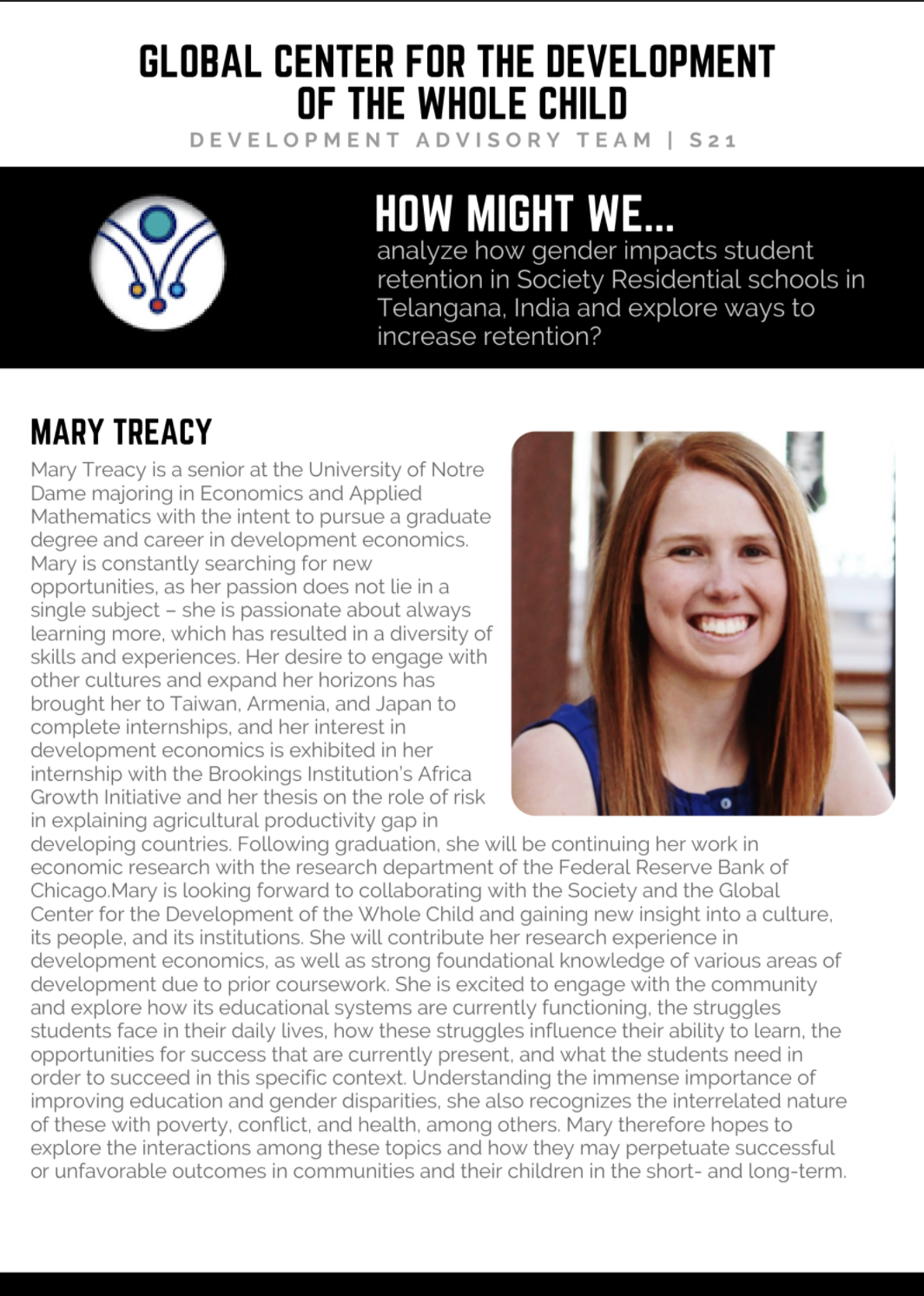Project Background:
The Rusalia Resource Foundation (RRF) is a registered non-profit legal entity operating in Kisumu, Kenya with a parallel non-profit organization located in South Bend, Indiana. Founded by Dr. Juliana Otieno, a Kenyan Pediatrician who was in the 2019-2020 academic year Inspired Leadership Program at Notre Dame, RRF works to empower girls in Western Kenyan by providing full high school tuition scholarships and mentorship opportunities, with a special focus on life skills education. As a result of the Foundation’s provided guidance and study, Rusalia Scholars are expected to be “college-ready” and learn the value of education, personal strength, independence, life skills, and service to the community. The project anticipates helping girls develop improved life skills, including to be able to handle social challenges and conflicts in an environment where they are independent of parental guidance. In addition, the program works to improve girls’ knowledge and skills on nutrition and overall healthy development.
Opportunity:
The DAT will help develop a new college-ready program for the girls in their RRF mentorship program. The new program will have four objectives: 1) To engage Rusalia scholars to make them more prepared for university/ college education. 2) To develop skills of college-ready girls on how to relate in society 3) To impart life skills to the girls for college life and beyond. 4) To develop empowered girls and leaders in society.
Definition of Success:
The DAT will help RFF design a skills-building pathway that will help ensure that 100% of the girls in the program will enroll in university/college for further education/training, and have the skills necessary to be successful in their new environment. We look forward to inspiring and concrete examples of the best programs globally for providing expanded mentoring and development opportunities for girls that might inform the new programs for girls that we are developing. We hope to take specific lessons from these international experiences and build them into our own programming.
Meet the Team:
Final Deliverables:
Self-Confidence Activity Guide
Discussion Activity Guide
Student Panel Guide


















